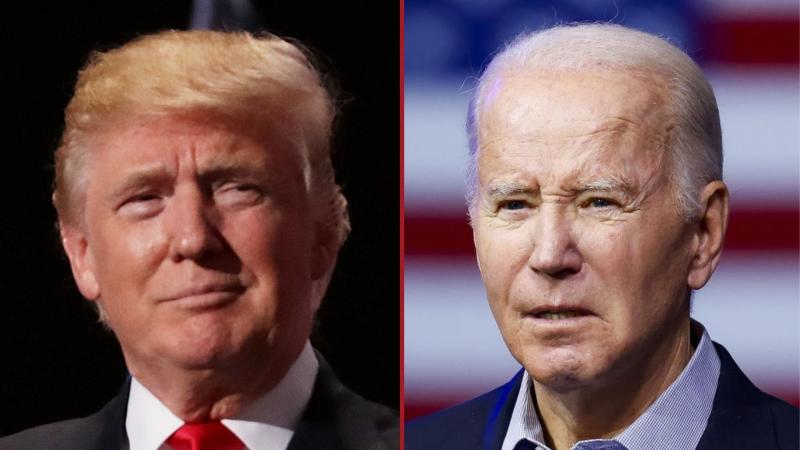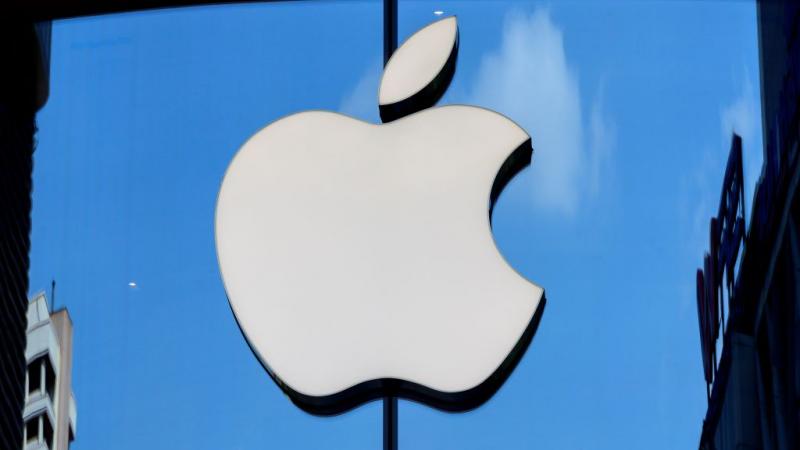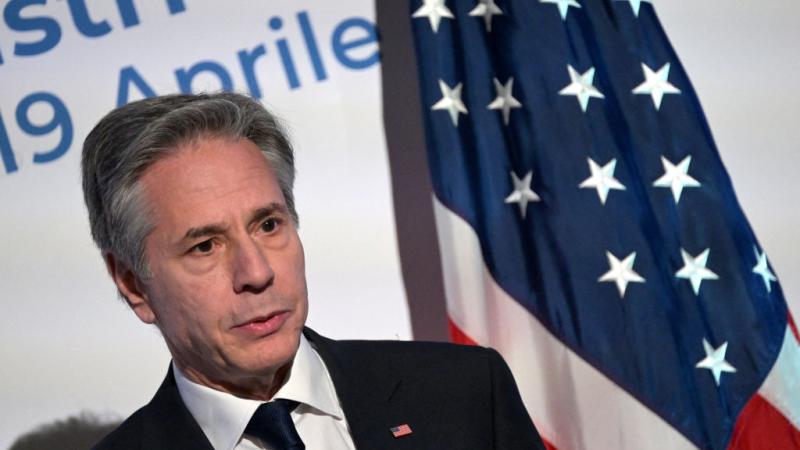Kodak a first step: Trump White House plans new ways to break Chinese supply chain dominance
'It doesn't mean we can't buy from certain sources. But you've got to think about it like a backup generator. You've got to have those sources in the United States, too.' - White House official
As the Trump White House this week announced a major deal to pivot photo giant Kodak toward pharmaceutical manufacturing, it made clear this was just the first step in a broader plan to break Chinese dominance of supply chain in manufacturing.
With a focus first on healthcare manufacturing, the White House brokered a $765 million loan to Kodak after noticing 90% of the main ingredients of the most common pharmaceuticals taken each day in the United States are manufactured abroad.
Adam Boehler, CEO of U.S. International Development Finance Corporation, is a lead administration official on the Kodak deal, and said the White House plans to move beyond drugs toward other medical supply areas vulnerably exposed during the coronavirus pandemic.
"We're going down the list," Boehler said in an interview with Just the News. "Look at masks, gloves. Right now, rubber gloves, they're 80%, 90% made outside of the country, we can't have that risk. It doesn't mean we can't buy from certain sources. But you've got to think about it like a backup generator. You've got to have those sources in the United States, too. So we're going through list of items of PPE. We're looking at generic pharmaceuticals, a number of other areas as well."
The White House said the Kodak Pharmaceuticals project is expected to add 350 new direct jobs to Kodak, along with "thousands of jobs" due to the "multiplier effect" of new demand within the local community of upstate Rochester, New York. That region has been decimated by Rust Belt trends, and Boehler said he's hopeful that Kodak will serve as a model for future federal-state partnerships to invest in rebuilding the United State's industrial base.
"Kodak is the first example," Boehler said. "If you think about Kodak, you think about film. Well, the way you make film is with chemicals. That's also how you make ingredients for generic pharmaceuticals. So I think the implications of this are: one, Americans will be safer if we're making them domestically. Number two, think about where manufacturing is in the United States. They're in blue collar towns and cities across the United States, where we've lost these jobs to China and to others, and we want to bring them back. So upstate New York is a great example. There are plenty of other examples of manufacturing towns in the United States where we're going to bring the jobs back."
Boehler responded to concerns that these types of initiatives will end up costing U.S. consumers more because historically domestic labor costs are more expensive here than abroad in countries like China. He said the manufacturing process has undergone enough innovation to disrupt that business model.
"So, when I went on the tour of the Kodak factory yesterday, one of the things that they mentioned is 15, 20 years ago, labor was the major cost item," Boehler said. "But as you see new manufacturing techniques and technology, it's actually lowering your labor cost. And so we are able to compete. It's not been labor costs, and that's because of advanced American technology. So technology, more and more, this is more important than absolute cost of labor, which is why America will be competitive again."
















